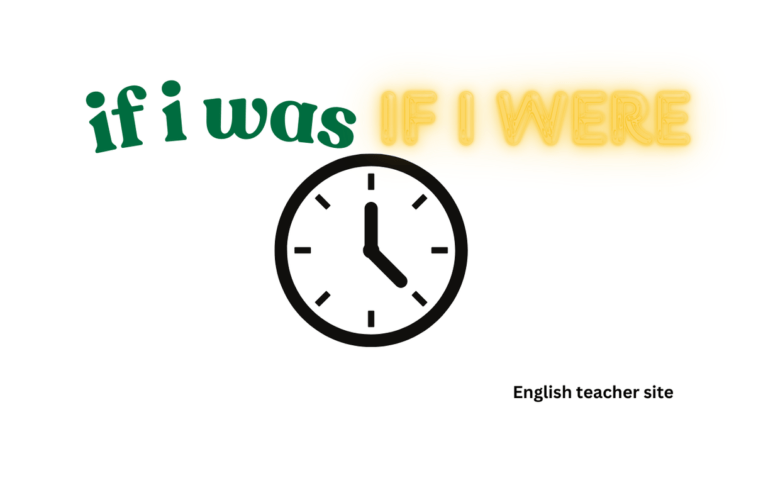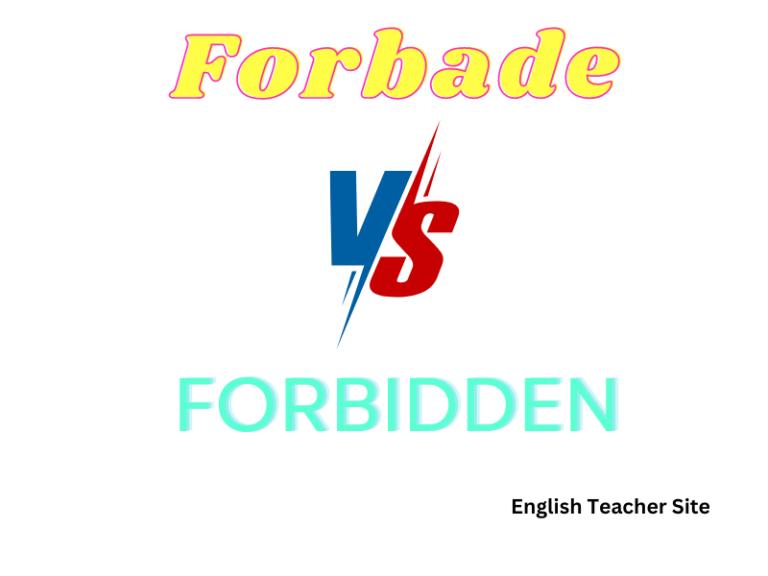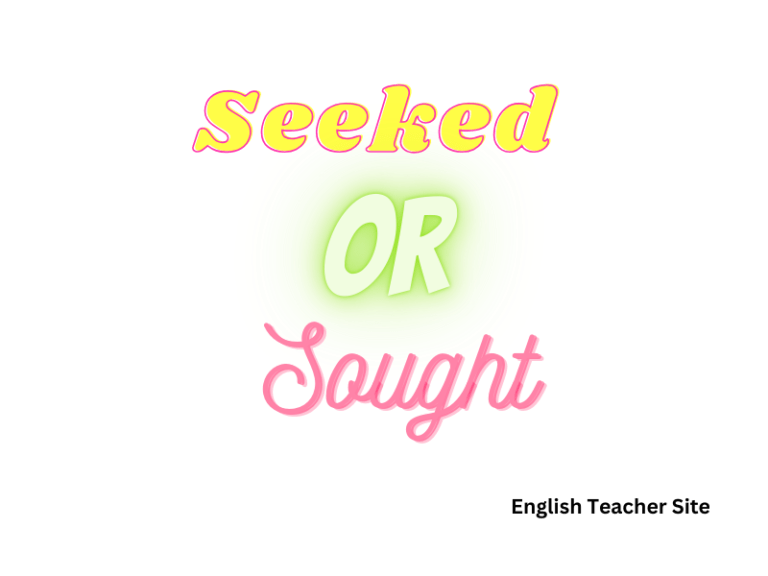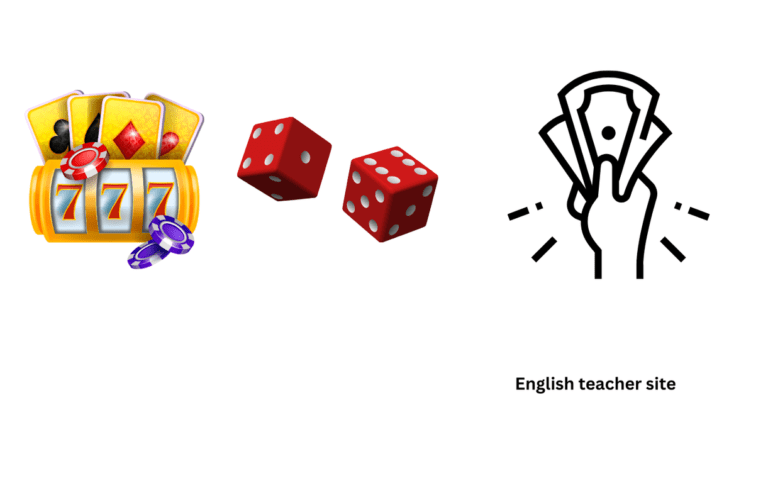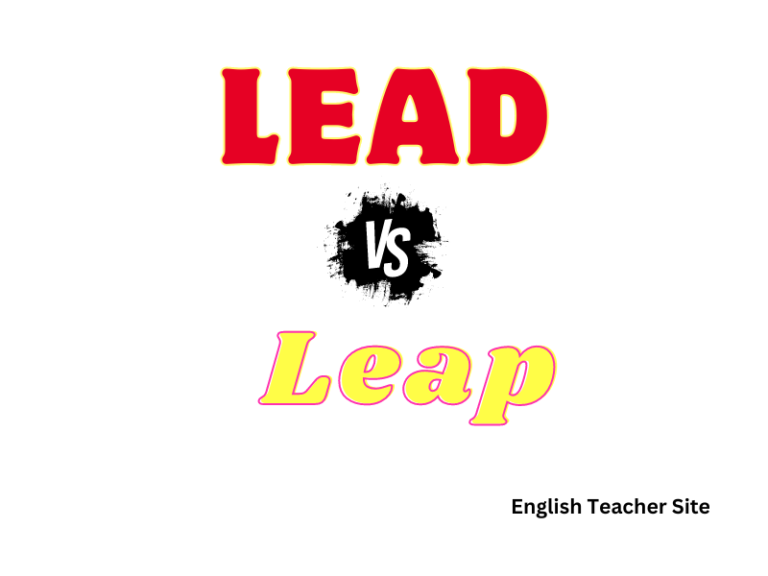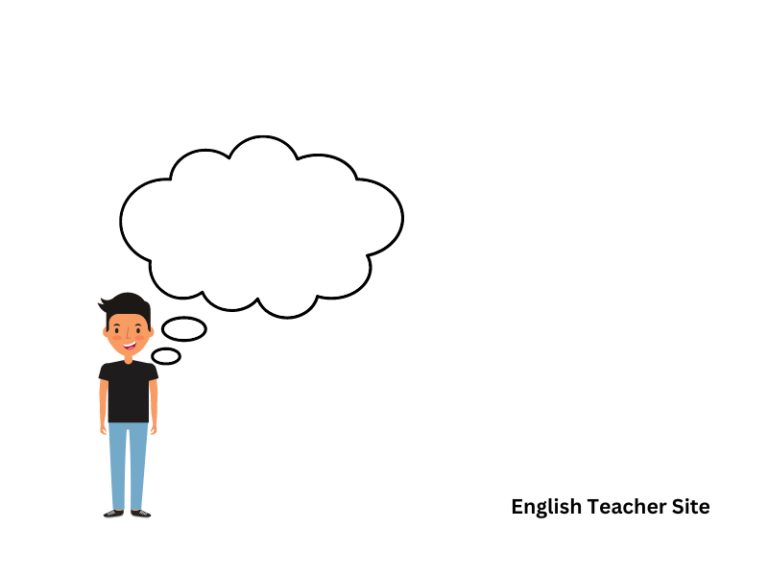Know Knew Known: Mastering the Correct Past Tense and Participle Forms of “Know”
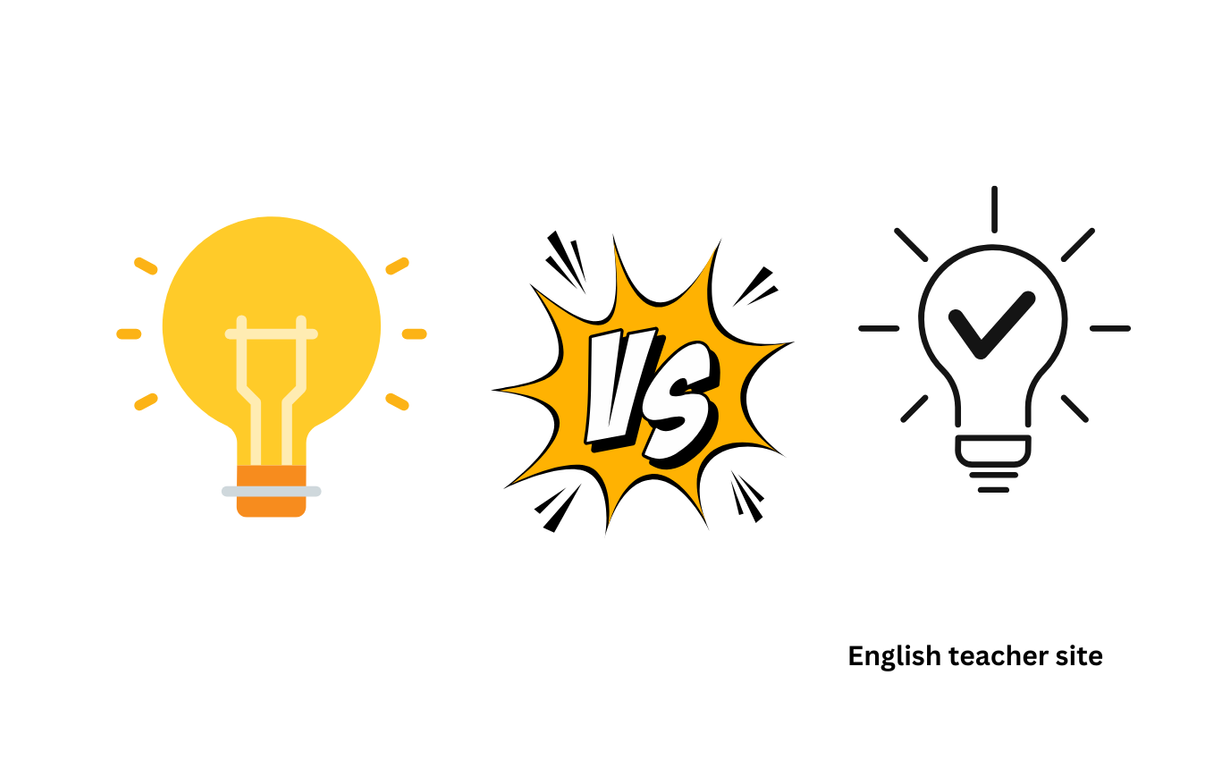
- “Knew” is the simple past tense form of “to know.”
- “Known” is the past participle form of “to know,” used with auxiliary verbs.
- Correct usage of “knew” and “known” indicates precise times or connections to the present.
It is important to recognize when to employ these forms correctly to convey the intended meaning. For instance, “I knew the answer yesterday,” illustrates the simple past usage, while “I have known the answer since yesterday,” demonstrates the past participle’s role in forming the present perfect tense. Grasping these subtleties ensures that one communicates past events with clarity and accuracy.
Know, Knew, Known – Which is the Correct Past Tense and Past Participle of Know?
The verb “to know” is no exception, with its forms varying from “know” in the present to “knew” in the past simple tense, and “known” as the past participle.
Present Tense:
- Singular: “He knows the answer.”
- Plural: “They know the route.”
Past Simple Tense:
- Singular and Plural: “She knew about the event yesterday.”
The simple past form “knew” addresses past knowledge or awareness that has no direct bearing on the present moment. An application of the simple past tense is demonstrated in literary works and everyday language to express completed actions or states of being from the past.
Past Participle:
- Singular: “He has known her for years.”
- Plural: “They have known about this.”
The past participle “known” is used alongside auxiliary verbs like “have” to form perfect tenses, which link past actions or states to the present or future in terms of their effects or relevance.
Here’s a quick comparison:
| Tense | Example |
|---|---|
| Present Simple | I know your name. |
| Past Simple | Yesterday, I knew it. |
| Past Participle | I have known it. |
Using bullet points to list the correct forms:
- Know: Present tense or base form.
- Knew: Simple past tense.
- Known: Past participle.
Verb Forms and Functions
When it comes to the verb “to know,” understanding its different forms and how they function within various tense structures is essential. These forms include the infinitive “know,” the simple past “knew,” and the past participle “known.” Each plays a distinct role in constructing sentences that convey experiences, information, and relevance, encompassing an array of verb tenses and conjugation patterns.
Past Forms of ‘Know’
- Simple Past: “Knew”
- Past Participle: “Known”
The simple past tense “knew” and the past participle “known” are prime examples of an irregular verb deviating from regular conjugation rules.
Examples of the past participle ‘known’ (in sentences)
- He has known her since childhood.
- The truth had been known by everyone before the meeting.
The past participle is often used with auxiliary verbs to form perfect tenses.
Examples of ‘knew’ in the past tense (in sentences)
- She knew the answer instantly.
- They knew the location well.
The simple past “knew” refers to a past moment in time where the subject had the knowledge.
Examples of ‘know’ in the present tense (in sentences)
- He knows the way home.
- Do they know about the party?
Using “knows” and “know” in the present tense conveys a current state of understanding or familiarity.
Present and Future Constructions
- Simple Present: “Know,” “Knows”
- Future: “Will know”
These forms allow for the expression of ongoing or future states regarding the acquisition or possession of knowledge.
Practical Uses and Conjugation Patterns
| Tense | Conjugation | Example |
|---|---|---|
| Present | know / knows | She knows the rules. |
| Past | knew | He knew what to do. |
| Future | will know | They will know tomorrow. |
Conjugation patterns vary for irregular verbs like “to know,” especially in the past forms.
Phrases & idioms with ‘know’
- To know the ropes: To be familiar with the details.
- Know your stuff: To have a good grasp of a subject.
Phrases and idioms often incorporate the verb “know” to emphasize knowledge or experience.
Synonyms of ‘know’
- Understand
- Recognize
- Be aware
While synonyms can convey similar meanings, the nuances of “know” are specific to the context of familiarity or awareness.
Origin of the word & verb ‘know’
The verb “know” has a deep etymology, stemming from Old English “cnawan.” Its transition into modern English retains much of its original meaning, which is centered on the concept of perceiving or understanding.
Source
Wikipedia. 2023. “Indo-European ablaut.” Wikimedia Foundation.
Harper, Douglas. “Etymology of know.” Online Etymology Dictionary
My name is Khamis Maiouf. I am the creator of the English Teacher Site, dedicated to providing valuable resources and insights for students around the world. With a passion for education and a commitment to helping students enhance their skills, I aim to make English teaching more effective and enjoyable for both educators and students.

